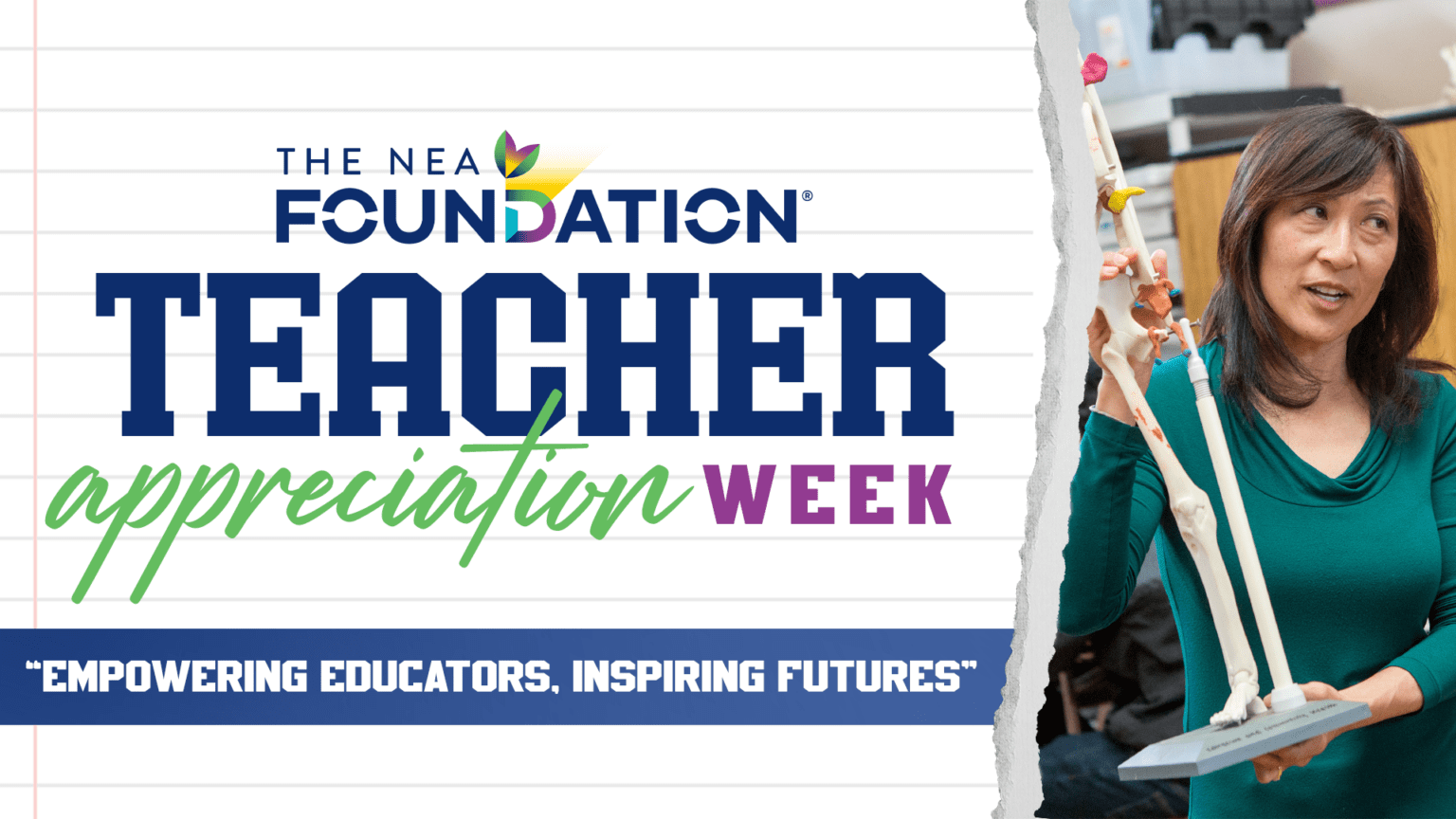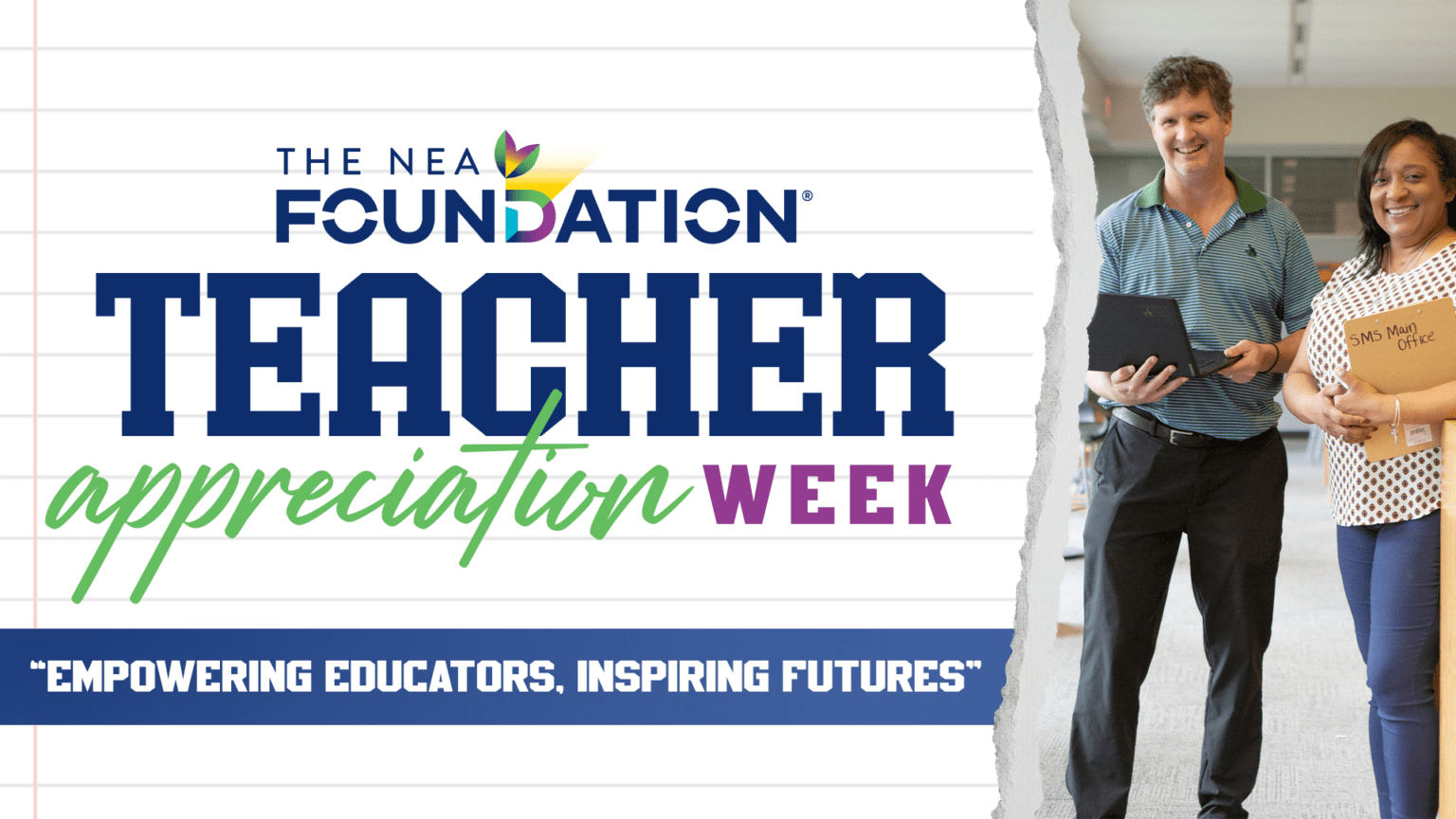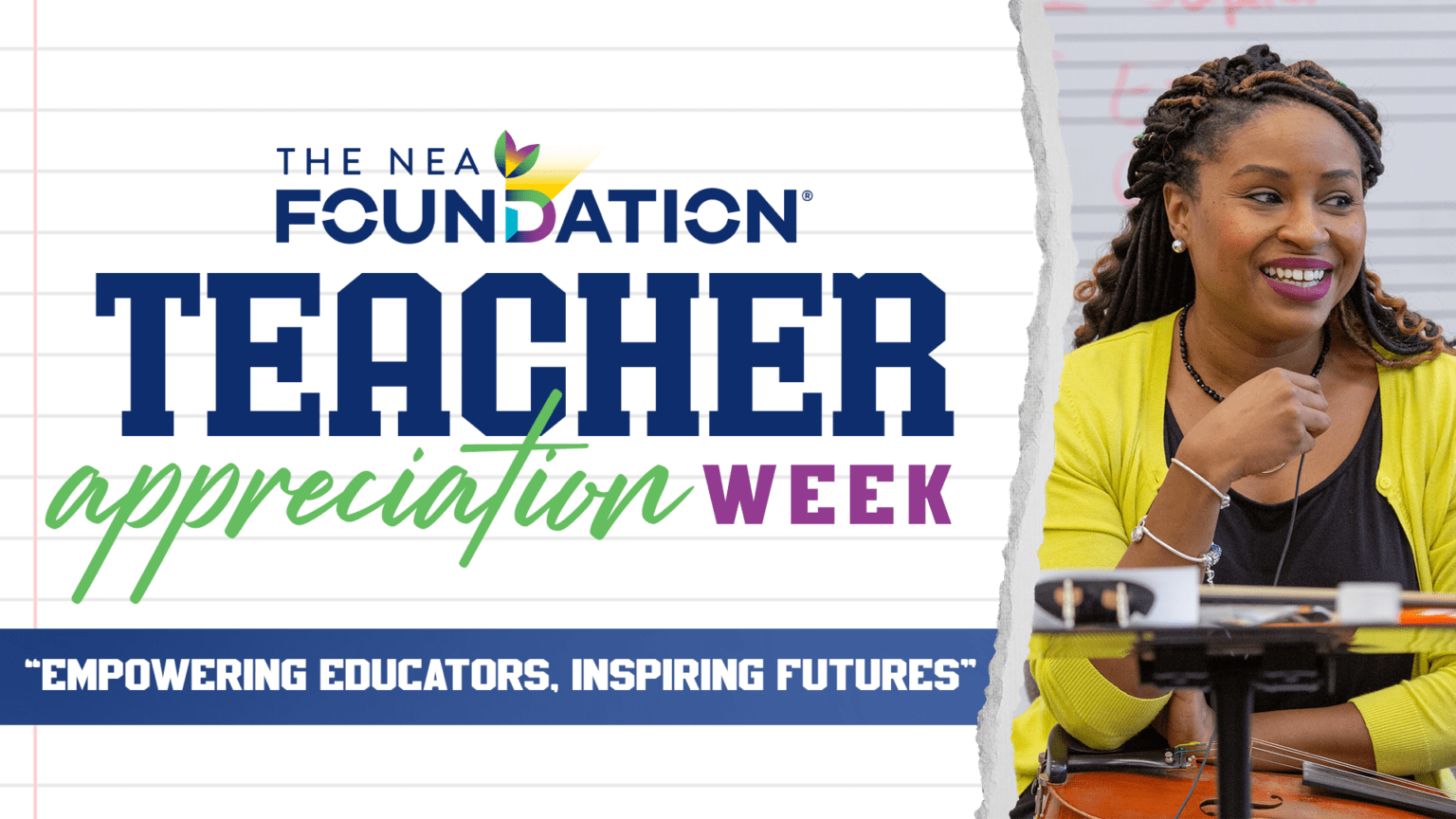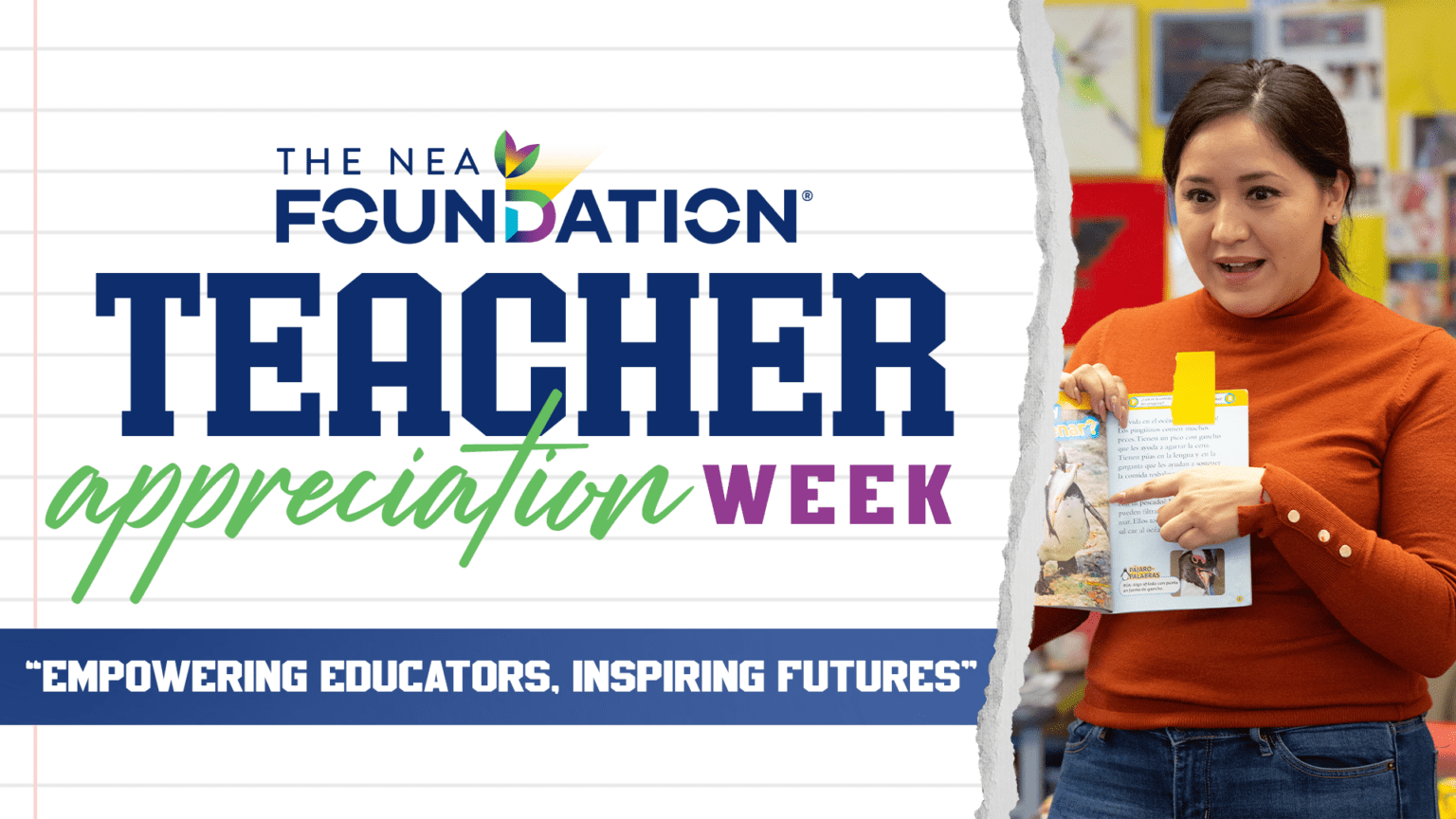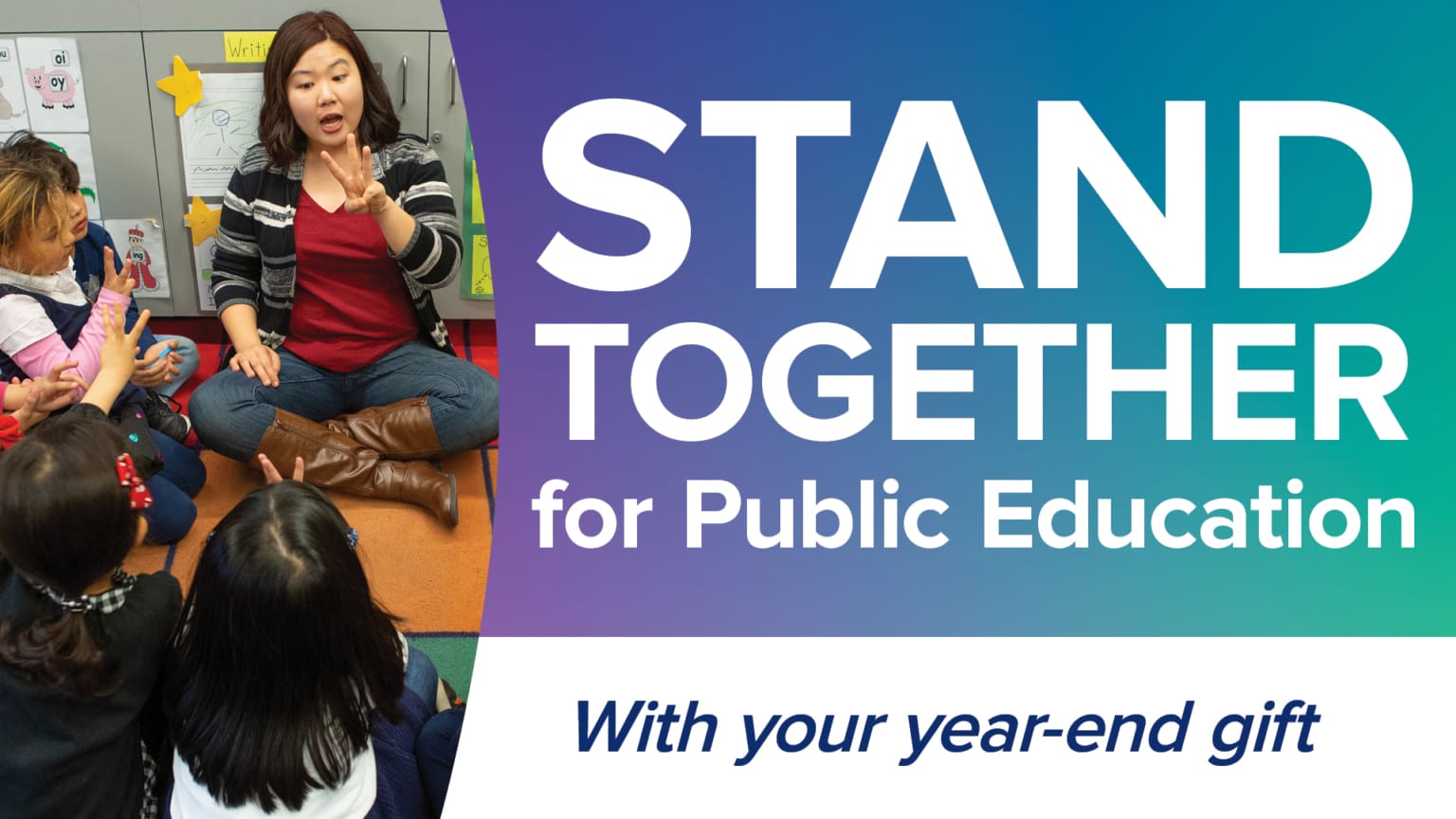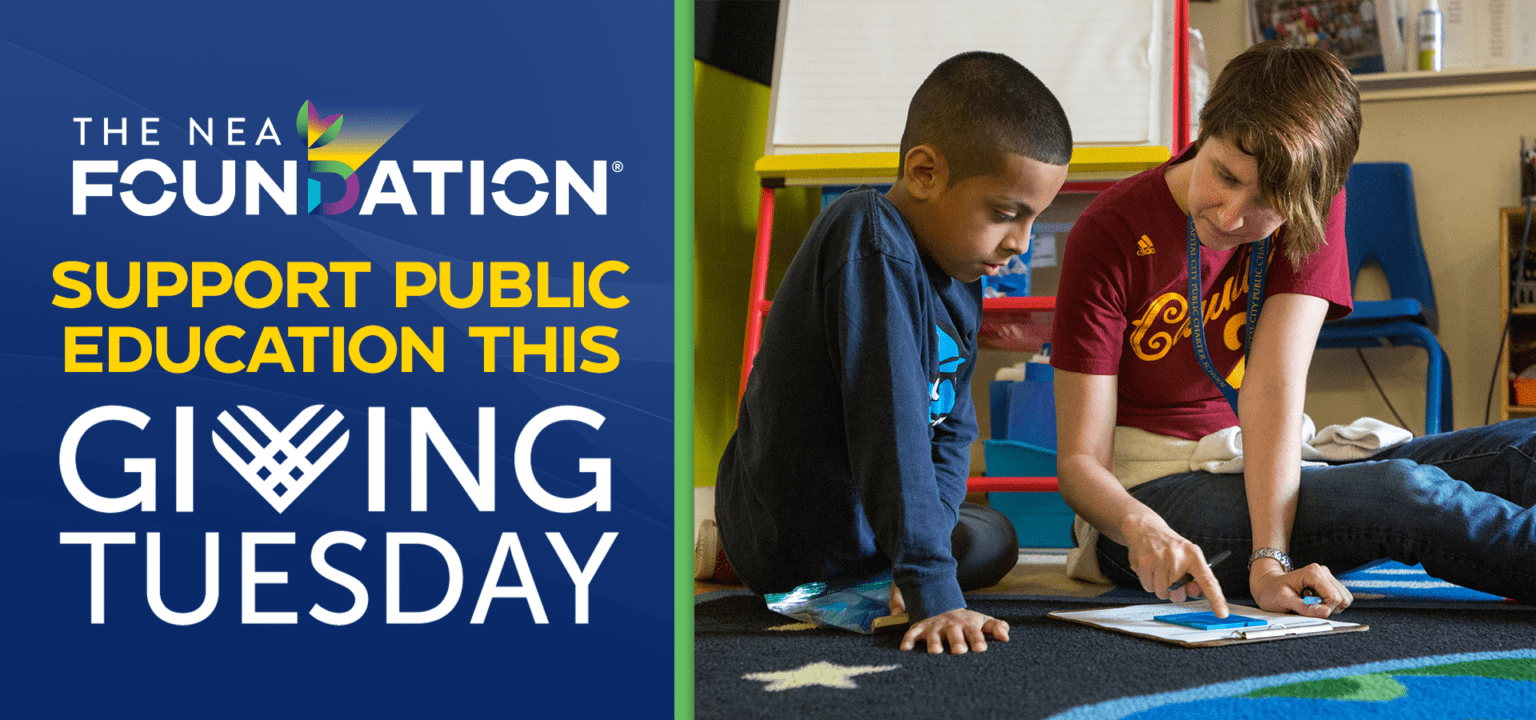
On our final day of the trip, after visiting a middle school in the suburbs of Shanghai, the Global Learning Fellows sat down together for a group discussion about their overall Global Learning Fellowship experience. The conversation focused on what the teachers will bring back to their schools and classrooms to improve student success, and how they plan to integrate this experience into their teaching.
Building a strong work ethic
Annice Brave, High School English teacher and Journalism Advisor at Alton High School in Illinois was impressed by the work ethic and personal responsibility for individual learning that she saw in the Chinese students we met today. This is something she hopes to stress to her students when she returns. “They need to know that if they’re not willing to put some effort and some energy into their learning, people in other countries such as China are, and that maybe they should adopt some of those attitudes.” That’s a common goal among these teachers, but how do we get U.S. students to adopt these attitudes? Annice believes, “We need rigor, we need to keep them engaged.”
“Patriotism and pride, as a whole,” suggested Michelle Pearson, a teacher at Hulstrom Options School in Northglenn, CO. “When you see the students here, they have pride in their school, they have pride in their activities, and pride, I think, in their country. When we talk about what we can do to encourage students that could be something to start with. To really have them think about why are we in the U.S., why are we American, and what that means, and to incorporate some of that pride in their self-worth, in their country as well.”
Redefining “student achievement”
 Jeff Peneston, Earth Science teacher from Liverpool, NY brings the conversation to our ideas of student success. “Often times in our culture, achievement is defined in a very narrow kind of way, and I think that’s in part what I took away from today. This is what they know is done, this is what they’re continuing to do, and the teachers here are not looking for any other things, necessarily. When I define achievement, I look for things outside my curriculum, and I have a long list of things I look for that most people wouldn’t consider to be measurable achievements.” Joan Soble from Cambridge, MA seconds this idea. “I find it easier to talk about learning than student achievement. First of all there is a connection, but I think some of the problem is focusing on those measurable things.”
Jeff Peneston, Earth Science teacher from Liverpool, NY brings the conversation to our ideas of student success. “Often times in our culture, achievement is defined in a very narrow kind of way, and I think that’s in part what I took away from today. This is what they know is done, this is what they’re continuing to do, and the teachers here are not looking for any other things, necessarily. When I define achievement, I look for things outside my curriculum, and I have a long list of things I look for that most people wouldn’t consider to be measurable achievements.” Joan Soble from Cambridge, MA seconds this idea. “I find it easier to talk about learning than student achievement. First of all there is a connection, but I think some of the problem is focusing on those measurable things.”
Raising the bar
“I think I’m going to argue a bit and say that one of the things I was doing while I was here is realizing that my students have it pretty easy,” objects Jason Di Giulio from Canaan Memorial High School in Vermont. “Universally, American students have a cake-walk, and they think they’re entitled to free time, and entitled to after-school activities, and they’re entitled to this, that, and the other, and I think part of the problem is that we focus so much on learning, and not on rigor and achievement. There is a role for testing, and there is a place for ‘you just need to know this,’ because if you don’t know this stuff, you can’t be creative, you can’t vary from it. And it’s resulting in people who don’t care about accuracy, and so our standards have really slipped. I’m here and I see that our students just really need to do better. Creativity has a role, but achievement does too, and if that achievement means being successful, if we can look at our culture and say ‘we’re losing something,’ then maybe our students just need to work a bit harder. And I do too.”
Learning personal responsibility
“Building on what Jason said,” Karin Suzadail, teacher at Owen J. Roberts School District in Pottstown, PA adds, “I think there is something we have lost about accuracy and attention to detail, and also respect. One of the things that struck me was how polite the students were. I know that sounds really strange, but I think about experiences in my classroom where a student has done something wrong and should expect fully to be punished, but still asks me to get out of it, or asks that I won’t give him a detention. I don’t think that it would even occur to one of these students to ask that. They understand that actions have consequences, and I think that’s something we’re very much missing. Part of that is that we are focused on other aspects of learning, and maybe we try to cut them a break because we think we see the larger picture, and we don’t realize that we are, in the long run, harming them.“
The new group-think
 Wendy Woodworth, an English teacher in Camp Lejeune, NC hopes to bring the importance of teamwork back to her classes. “We heard from Paul at Fastenal that the problem with his workers was that they wouldn’t make independent decisions, that they did every step they were supposed to take, when they were supposed to take it, but they couldn’t create steps on their own. At this school in Shanghai I saw this in the students, to a degree, and definitely and in the teachers. When we asked them, ‘What would you change in your school if you could change anything,’ and the answer was, ‘We never thought about it,’ which was very surprising to our group. So, I’m seeing a real lack of critical thinking skills here, and being allowed to be risk-takers who try and fail. Along with that is a very strong ability to work together as a team with everyone moving in the same direction. Now I only know a tiny bit about China, but at home, we need a little more of being able to work together and function as a team, and think of the big picture instead of just us as individuals. And here, they need to be able to see a different path, the path that’s not laid out for them, and somehow or another, that needs to come together. So I guess what I’m going to bring home would be how to give children a better sense of how individual actions and inactions impact the group.”
Wendy Woodworth, an English teacher in Camp Lejeune, NC hopes to bring the importance of teamwork back to her classes. “We heard from Paul at Fastenal that the problem with his workers was that they wouldn’t make independent decisions, that they did every step they were supposed to take, when they were supposed to take it, but they couldn’t create steps on their own. At this school in Shanghai I saw this in the students, to a degree, and definitely and in the teachers. When we asked them, ‘What would you change in your school if you could change anything,’ and the answer was, ‘We never thought about it,’ which was very surprising to our group. So, I’m seeing a real lack of critical thinking skills here, and being allowed to be risk-takers who try and fail. Along with that is a very strong ability to work together as a team with everyone moving in the same direction. Now I only know a tiny bit about China, but at home, we need a little more of being able to work together and function as a team, and think of the big picture instead of just us as individuals. And here, they need to be able to see a different path, the path that’s not laid out for them, and somehow or another, that needs to come together. So I guess what I’m going to bring home would be how to give children a better sense of how individual actions and inactions impact the group.”
Teacher empowerment
Patrice McCrary, a kindergarten teacher in Bowling Green, KY sees the link to the importance of good teaching, and hopes to bring that home. “Going back to something Wendy said about the teacher here who had never thought of what she would change about her school, we had the discussion on the bus, “Oh, every teacher thinks about that’ but then I thought that’s not true. I would say a large number of teachers across our country sit by idly and don’t think about what they can change, and what their voice is, and what’s best for children. So I think it would not hurt us to go out and say, ‘This is what’s happening in China, why are we letting it happen in our country too?’ That’s when change is going to happen in our education system, when the true professional educators step in and say what needs to be done.”
Global awareness to global engagement
 “One of the things that I’ve come to realize is that we move beyond global awareness, and it becomes global engagement.”
“One of the things that I’ve come to realize is that we move beyond global awareness, and it becomes global engagement.”
; Jonathan Gillentine, from Rev. Benjamin Parker School in Kaneohe, HI brings the discussion back to global competency and student success. “I think we’re going to be the vehicle to allow our students to do that a little bit, to start with awareness, regardless of the age or the subject, to make them aware of the world around them. Then there are so many tools available through the internet to find out information, to find people to talk to, to look within our own communities where there are people of other cultures, and to seek those out, and learn more about this place that we share.”
Gay Beck from Highland, UT, reflects on the larger picture of what she will bring back, “I just think probably all of us feel this consensus, that we are not the same teachers that we were 10 days ago. I didn’t know what I would come back with, and what I’ve come back with is so great, and so deep, and so far-reaching that I really couldn’t leave this experience and be the same teacher.”
Jeff Peneston adds, “The more you can weave your life experience into your classroom, the more meaning it has. It brings richness to how you teach. I can simply take a photograph, blow it up, and put it in my room, so my students know they’re working with someone who’s been there. It lets them understand there’s a world beyond them, and they’ve met someone who’s been there. As little as I know about China, I know I’m going to be talking about it for the rest of my life. And that’s a huge thing. I can do a series of two minute videos, or I can do some professional development workshops, or I can weave this into the five minutes of time in the classroom or show it before the bell rings – that’s how I’m thinking of this. I’m not thinking of this as one unit plan on China, but as something that will change me and my students.”
Alex Luther, our tour director with Education First Professional Development Tours summed it up for everyone. “You cannot overestimate the power that you have when you come back from this experience and you share this. You all know already that you inspire in so many ways, and it’s in every little way, this and every other life experience that you bring into your teaching that you inspire. Get your students to get out there and experience the world and take it in. It’s as simple as going down to China Town, or going to the local Chinese community centers that exist all over the place and engaging and really doing something. I know there’s so much creativity here. I’m humbled by it, and I know you guys will think of ways to get students engaged, but think big. Expose them to as much as possible. It’s going to make a world of difference.”

